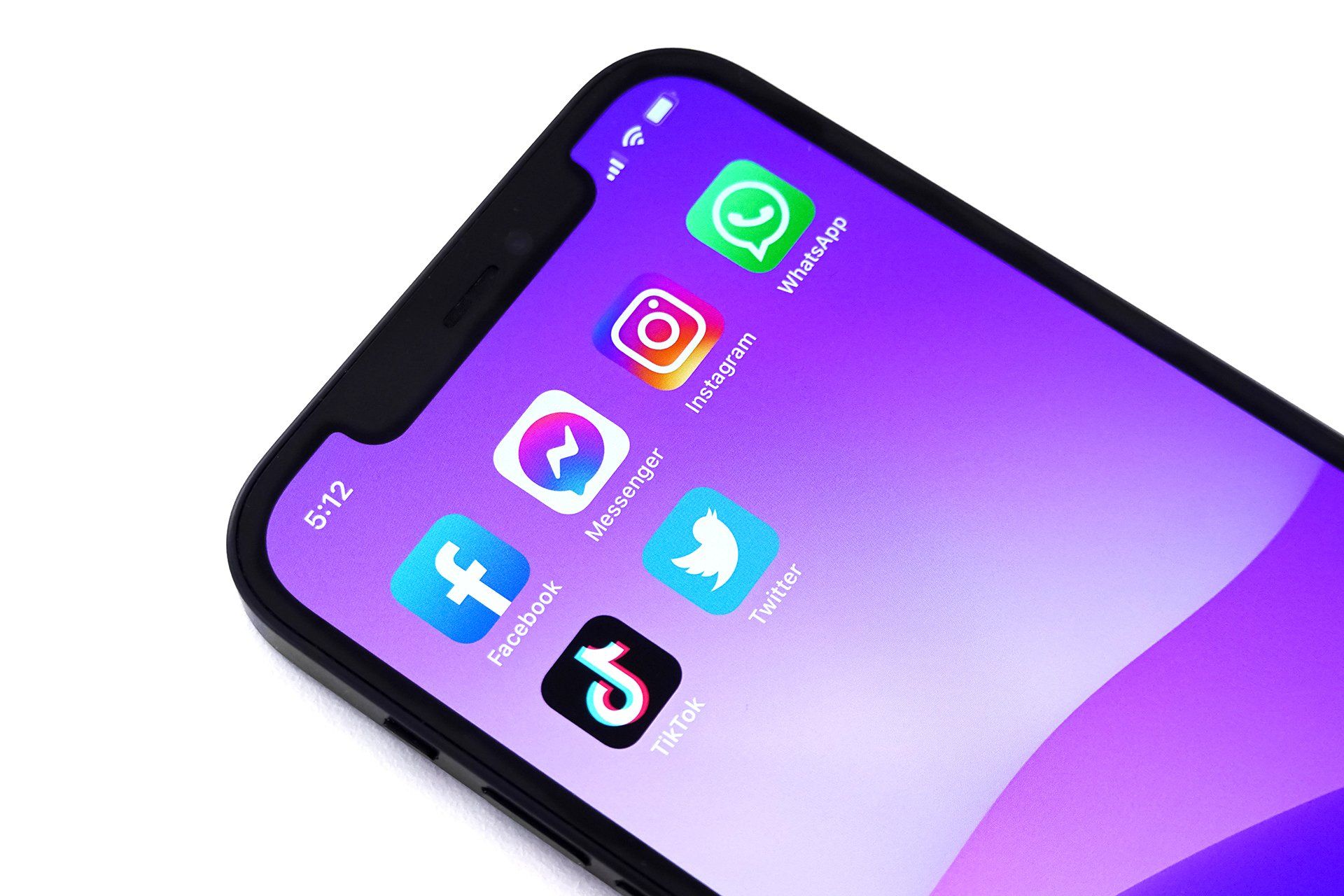In the future, when the world reflects on 2020, the word “Zoom” will no doubt come to mind.
- Make each conferencing session unique. The FTC notes that some conferencing services allow users to use unique passwords and/or identification numbers for each conferencing session. These features are typically set up by session hosts and can reduce the likelihood of strangers entering meetings and accessing users’ personal information.
“It takes 20 years to build a reputation and few minutes of cyber-incident to
ruin it.” – Stéphane Nappo
If you are not hosting sessions, urge hosts to utilize features that make passwords unique for each session.
- Install conferencing app updates the moment they become available. Updates are typically designed in response to vulnerabilities discovered since the most recent version of a software was made available. Installing updates when they become available is a good way for video conference users to protect themselves against cyber criminals.
- Don’t open invitations you don’t recognize. The FTC notes that hackers are sending emails that mimic video conferencing invitations. When clicking on such invitations, users may unknowingly be downloading malware that can make their computers and personal information vulnerable to cyber criminals. If you receive an unexpected video conferencing invitation, contact the host separately before opening the invite.
“The five most efficient cyber defenders are: Anticipation, Education, Detection, Reaction and Resilience. Do remember: “Cybersecurity is much more than
an IT topic.” ― Stéphane Nappo
In addition, hosts can urge users to contact them directly if they receive an invitation but are hesitant to open it.
- Protect your privacy at all times. Before using a video conferencing app, familiarize yourself with its privacy policies to determine how your information will be handled. Some apps may record conferencing sessions, so it’s imperative that users read privacy policies prior to using an app. Video conferencing apps helped people stay in touch during the pandemic. When utilizing such apps, users must prioritize security to avoid being victimized by cyber criminals.






